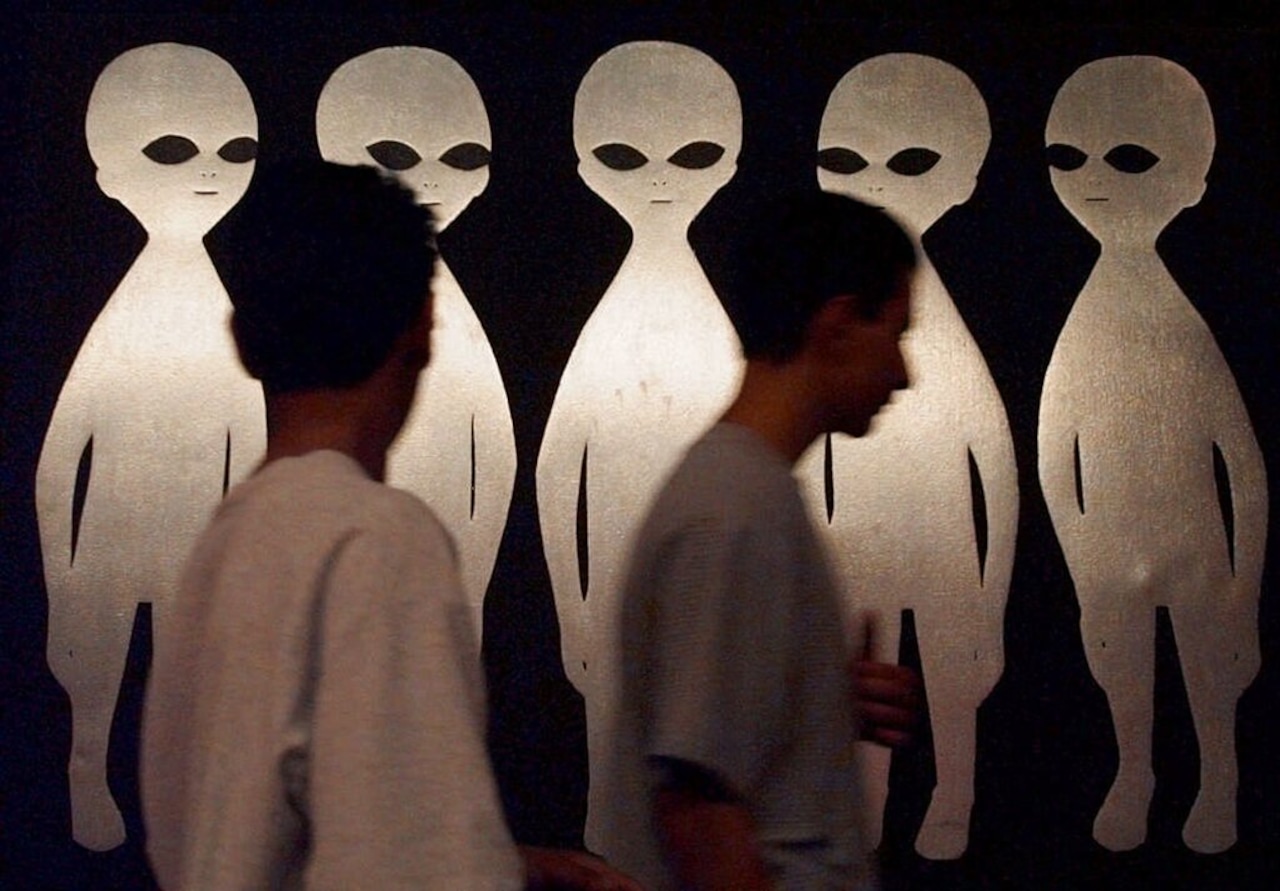
Have you ever wondered why civilizations and empires don’t survive?
They virtually all fold under the pressure of war, economic instability, corruption, political collapse, changes to the climate, and other environmental disasters.
You’ve heard of the classics: the ancient Greeks, Egyptians, Ottomans, and the one that men never stop thinking about: the Roman Empire. Stronger societies often absorbed them. Sometimes, they evolved into smaller, less sophisticated cultures or disappeared altogether.
However, these instances of decline and destruction aren’t just historical reference points from long ago. Evidence of collapsed civilizations is strewn throughout history, from the Mesopotamians 5,000 years ago to the dramatic collapse of the Soviet Union in late 1991 and the stereotypically long and pompously drawn-out end to the British Empire in 1997.
Humans keep making the same mistakes, like survival of the fittest for civilizations and empires. Either you adapt or die.
Now, hold on to your tinfoil hats for a moment.
Could these behavior patterns explain why advanced alien life hasn’t formally visited us?
As science evolved through the early 1900s following Albert Einstein’s theory of relativity, scientists seriously considered things like traveling through space near the speed of light, known as time travel, and wormholes.
It was an exciting time to be a scientist. But then, in the 1950s, came the inevitable question that continues to fill humans with existential thoughts today.
If billions of habitable planets are spread throughout an infinite universe created 9 billion years before Earth, why haven’t exceptionally advanced aliens visited for tea and biscuits?
Much like modern humans, some theories propose that these alien civilizations may have exhausted their natural resources in a relentless quest to progress technologically, ultimately leading to their demise through catastrophic ecological destruction.
“One answer that has been seriously proposed and cannot be dismissed is that higher intelligence has developed innumerable times,” said Noam Chomsky, the well-known analytical philosopher and public intellectual, in April 2022. “But [higher intelligence] has proven to be lethal. It has discovered the means of self-annihilation but has not been able to develop the moral capacity to prevent it. Perhaps that’s even an inherent feature of what we call higher intelligence.”
If that is a prevailing trait of higher intelligence, it might explain why some previous human civilizations, like the ancient Egyptians or the Greeks, survived in less sophisticated forms.
Locating Earth in the vastness of space is like searching for your car keys in the Pacific Ocean. Or perhaps they do as civilizations tend to do—die out.
Still, the “why” remains a profound question that fascinates scientists today. It became known as the Fermi Paradox, named after Italian-American physicist Enrico Fermi.
Possible explanations include the Rare Earth Hypothesis, which hypothesizes that the evolution of intelligent life is extraordinarily rare and requires a large number of lucky things to happen in the correct order at the right time, including adapting to natural or human-influenced climate change. It’s like winning the lottery hundreds of times and needing to keep winning to survive.
But why can’t intelligent life happen more than once in an infinite universe with unlimited possibilities?
Scientists have vigorously debated this idea for decades. Look into the multiverse if you want to find more questions than answers.
Another theory related to the Rare Earth Hypothesis is the Great Filter, which proposes that life must overcome nine significant challenges to survive and eventually become a colonizing species. Given that no life has been observed in the universe aside from Earth, the theory says that at least one of the steps must be highly improbable.
Humanity is at step eight, advancing toward the potential for colonization.
Is it possible alien civilizations failed to adapt to the changing conditions on their planet? Prolonged drought is believed to have partly led to the end of the Mayans, Akkadians, and Sumerians. Flooding and other weather-related disasters accelerated the end of the Han and Tang dynasties in China. Deforestation and poor farming practices also contributed to their demise.
However, other theories link climate change with the curious absence of alien encounters. You might need a tinfoil body suit for this.
Extraterrestrial climate engineering
Some theorists suggest that UFO sightings and encounters may be evidence of extraterrestrial beings actively engaging in climate engineering on Earth. According to this theory, advanced alien civilizations possess technologies capable of mitigating the effects of climate change, such as altering weather patterns or reducing greenhouse gasses. Are these interventions conducted secretly to prevent widespread panic or to avoid disrupting human societal development? Sure!
Some argue that the increasing frequency of UFO sightings correlates with rising global temperatures and environmental crises, indicating a potential alien effort to stabilize Earth’s climate.
Are aliens vested in preserving Earth’s biosphere, possibly due to shared biological needs or as part of a broader interstellar environmental preservation mandate? Well, maybe.
The zoo hypothesis
The Zoo Hypothesis suggests that aliens deliberately avoid direct contact with humans, treating Earth as a zoo where they observe without interfering. Could our intensifying climate crisis have triggered an increase in alien observation as they monitor how humanity addresses global environmental challenges alone? That’s what I’d do. Extraterrestrial civilizations might be waiting to see if humans can successfully manage climate change before initiating contact, like the Prime Directive in Star Trek, which bans contact with lifeforms unprepared for highly advanced technology, like warp speed. Maybe they’ve already solved their climate crises through clean energy solutions.
But why monitor us? Surely, there’s a better show out in the universe. Aliens could just be scoping out planetary stewardship, for better or worse. It could also be a test where successful climate change mitigation might be the criteria for humanity’s entry into a broader interstellar community of advanced civilizations.
Or maybe these galactic cliques are the Mean Girls of the universe and want nothing to do with us.






